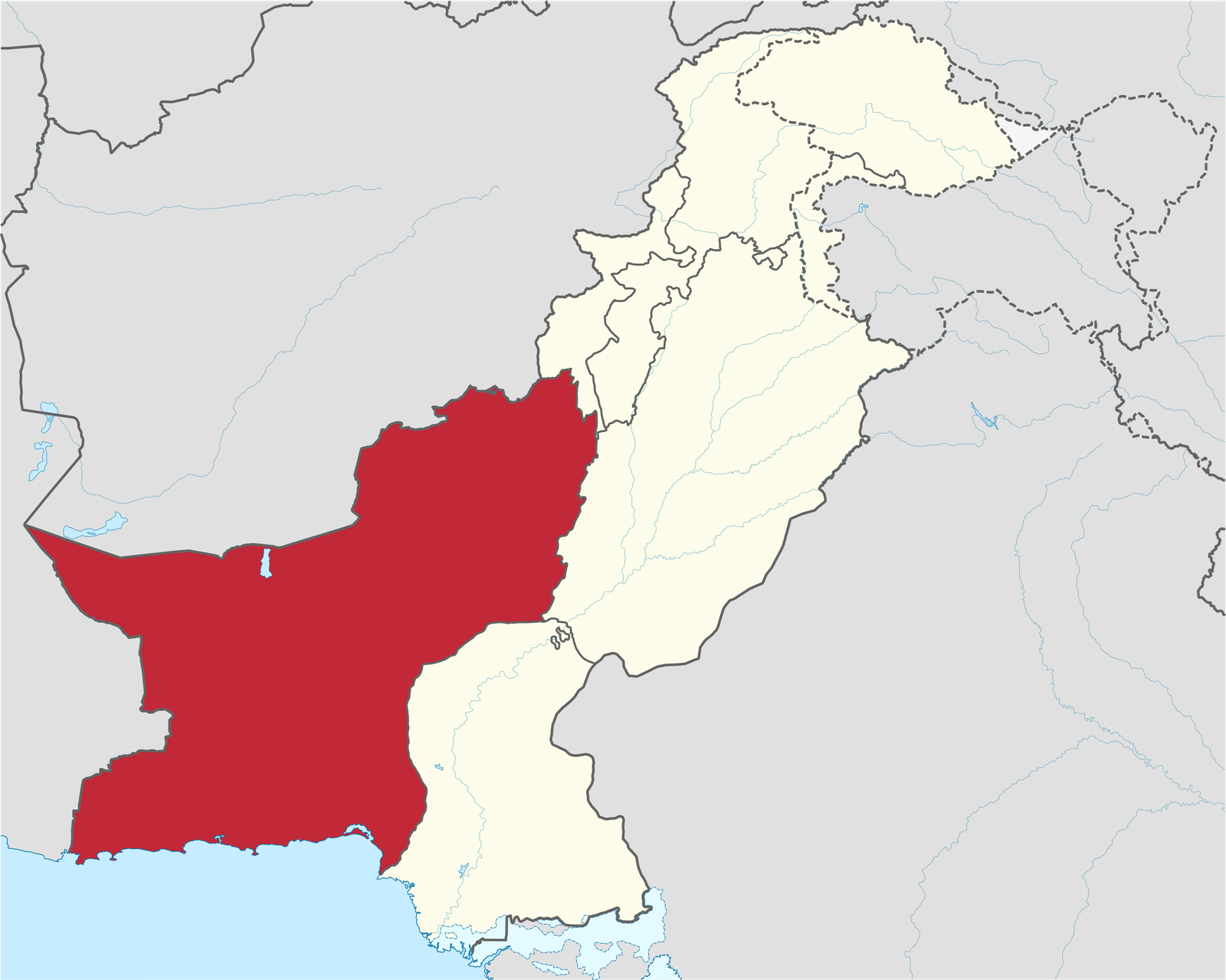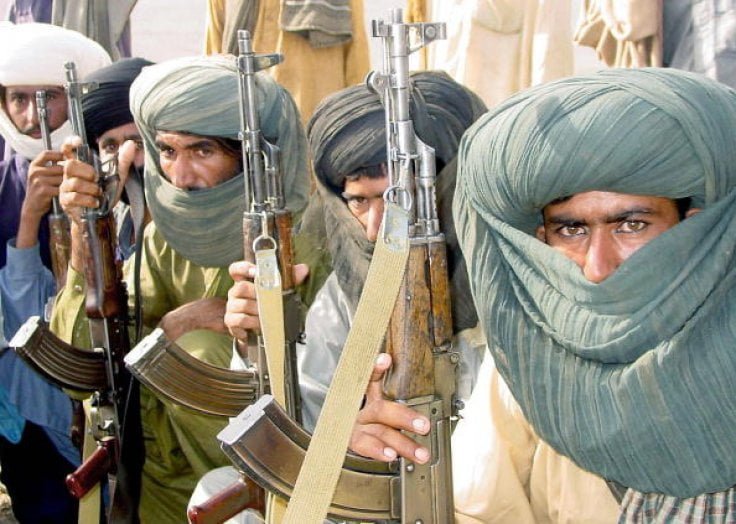Hafeez Ahmed Khan
Political engineering refers to the deliberate design and manipulation of political institutions and processes to achieve a specific outcome. It can involve a wide range of tactics, from drafting constitutions and electoral laws to shaping public opinion through media campaigns and targeted messaging. While proponents argue it can streamline governance and achieve desirable political ends, its potential for undermining a functional democracy is significant.
Detrimental Factors of Political Engineering for Democracy:
1. Undermining Legitimacy: When political systems are perceived as engineered to benefit certain groups or ideologies, it erodes public trust and legitimacy. Citizens feel disenfranchised, believing their voices don’t truly matter in shaping the political landscape. This can lead to decreased participation in democratic processes, apathy, and even resentment towards the government.
2. Stifling Diversity and Competition: Political engineering can be used to suppress dissenting voices and limit political competition. Restrictive laws or gerrymandering can unfairly disadvantage opposing parties or ideologies, making it difficult for them to compete and gain representation. This can lead to a one-party dominance or an echo chamber within the political sphere, hindering healthy debate and the exploration of alternative solutions.
3. Erosion of Checks and Balances: To manipulate outcomes, political engineering might target checks and balances meant to safeguard against abuse of power. Weakening institutions like the judiciary or independent media can concentrate power in the hands of the engineers, creating an environment ripe for corruption and authoritarian tendencies.
4. Short-Term Gains, Long-Term Instability: While engineered systems may achieve desired results in the short term, they often sow the seeds of long-term instability. Suppressing dissent might create temporary peace, but it can lead to deeper societal fractures and potential outbreaks of conflict down the line. Similarly, manipulating elections might guarantee immediate political victories, but it can damage the foundation of trust and legitimacy, ultimately weakening the entire democratic system.
Strategies to Control Political Engineering:
1. Strengthening Institutional Independence: Ensuring the independence of key institutions like the judiciary, electoral commissions, and the media is crucial. These institutions serve as safeguards against manipulation and provide avenues for challenging engineered systems.
2. Promoting Transparency and Accountability: Openness in government processes and decision-making fosters trust and allows citizens to hold their leaders accountable. Public access to information, whistleblower protections, and strong anti-corruption measures can deter manipulation and promote ethical governance.
3. Empowering Civil Society: A vibrant and active civil society can act as a watchdog against political engineering. Independent NGOs, advocacy groups, and a free press can monitor developments, raise awareness, and mobilize public pressure against harmful practices.
4. Nurturing Political Culture: Investing in civic education and fostering a culture of tolerance, critical thinking, and respect for differing viewpoints can strengthen the foundations of democracy. Citizens equipped with knowledge and awareness are better able to resist manipulation and demand transparent and accountable governance.
5. International Cooperation: Sharing best practices and collaborating on initiatives to combat political engineering can enhance international efforts to protect and promote democratic values. Collective action can provide support to vulnerable democracies and exert pressure on regimes employing harmful tactics.
Controlling political engineering requires a multi-pronged approach that addresses both the structural and cultural factors that enable it. By strengthening institutions, promoting transparency, empowering civil society, and nurturing a democratic culture, we can build more resilient democracies that can resist manipulation and uphold the principles of fair, representative, and accountable governance.
Political engineering, a strategy to manipulate the results of elections, has plagued Pakistani politics. This phenomenon is especially noticeable before elections. Our political history reveals a short-sighted pattern of shifting power dynamics to favour certain parties or individuals, at the expense of democratic principles.
Gen Ayub Khan was the first to manipulate the polls in his electoral contest against Fatima Jinnah in 1965. Another example was in 1977, when Zulfikar Ali Bhutto allegedly tried to get elected unopposed by kidnapping a rival candidate. Such tactics, along with election day rigging to ensure a landslide, led to the movement that brought him down.
Political engineering intensified in the 1990s. Nawaz Sharif rose to power with a two-thirds majority in 1997, a victory marred by allegations of state-sponsored manipulation. The PPP, a dominant force, was reduced to only 18 seats. These events cast doubt on the integrity of the electoral process. The MQM dominated Karachi’s political landscape during this period, and was accused of using intimidation to suppress opposition. Smaller towns were not spared either, with feudal lords resorting to ballot stuffing.
The state employed various methods to influence electoral outcomes over time. These include gerrymandering, the use of state resources for campaigning, politically motivated accountability drives against certain leaders, and control over media narratives. These tactics not only distort electoral results but also erode the essence of democracy. They also fail to last. But that does not deter the ‘puppeteers’ from trying. Now a new campaign seems to be in progress — this time against the PTI.
Party members are encountering difficulties in filing nomination papers, police raids are targeting their families, and there is an atmosphere of intimidation. Such actions indicate a deliberate effort to exclude a major political force, weakening the democratic process. This tactic has wider implications: it could alienate voters, resulting in a lower turnout on polling day.
Moreover, if key parties are forced out of the contest, their members will have to contest as independents. Post-election, these independents could be pressured into joining other political parties, making the political landscape more complex.
The core of the issue lies in the deterioration of democratic norms. When poll processes are compromised, the legitimacy of the next government becomes dubious. As Pakistan faces turbulent political waters, it must consider the long-term consequences of such manoeuvring. A collective effort is needed to ensure fair, transparent, and credible elections, which are the foundation of any functioning democracy. Only through such measures can the faith of the populace in the democratic process be revived, leading to a more stable Pakistan.
Please, subscribe to the YouTube channel of republicpolicy.com
















